Wishful thinking, allied to government incompetence and the ambition of our Prime Minister, is lining up trouble ahead. In one of the extraordinarily foolish moves characteristic of her Labour coalition, Jacinda Ardern apparently wants to shine on the world stage by compelling this country to attempt to conform to the UN’s nonsensical Paris Climate Agreement for countries to limit global warming to 1.5
Already a subscriber? Log in
Subscribe for just $2 a week
Try a month of The Spectator Australia absolutely free and without commitment. Not only that but – if you choose to continue – you’ll pay just $2 a week for your first year.
- Unlimited access to spectator.com.au and app
- The weekly edition on the Spectator Australia app
- Spectator podcasts and newsletters
- Full access to spectator.co.uk
Or


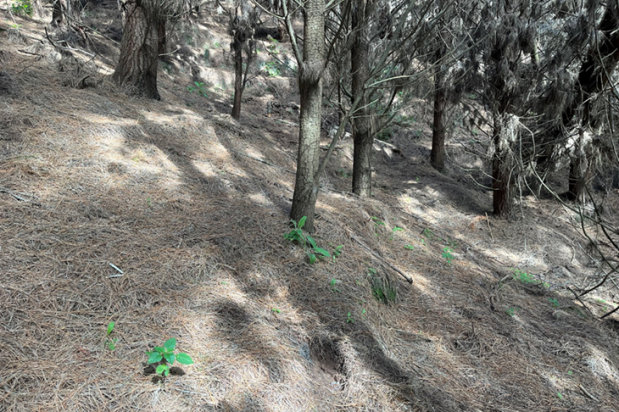
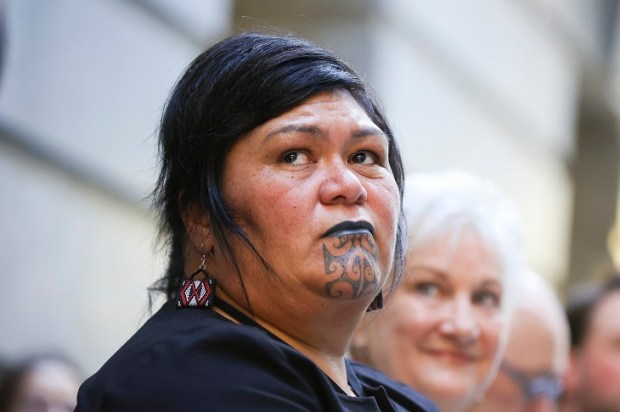

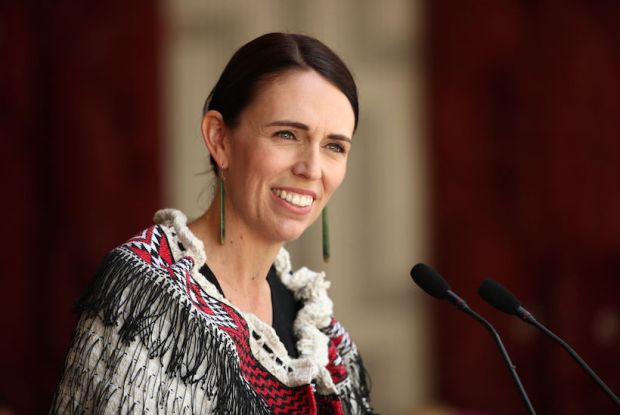
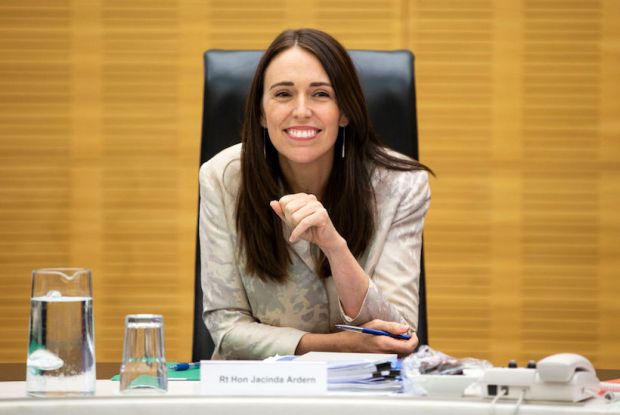
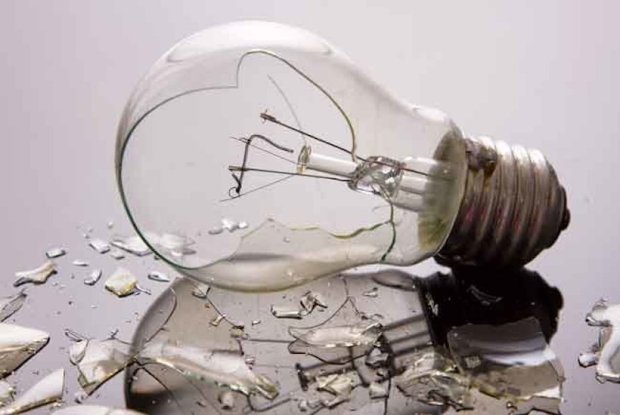


















Comments
Don't miss out
Join the conversation with other Spectator Australia readers. Subscribe to leave a comment.
SUBSCRIBEAlready a subscriber? Log in